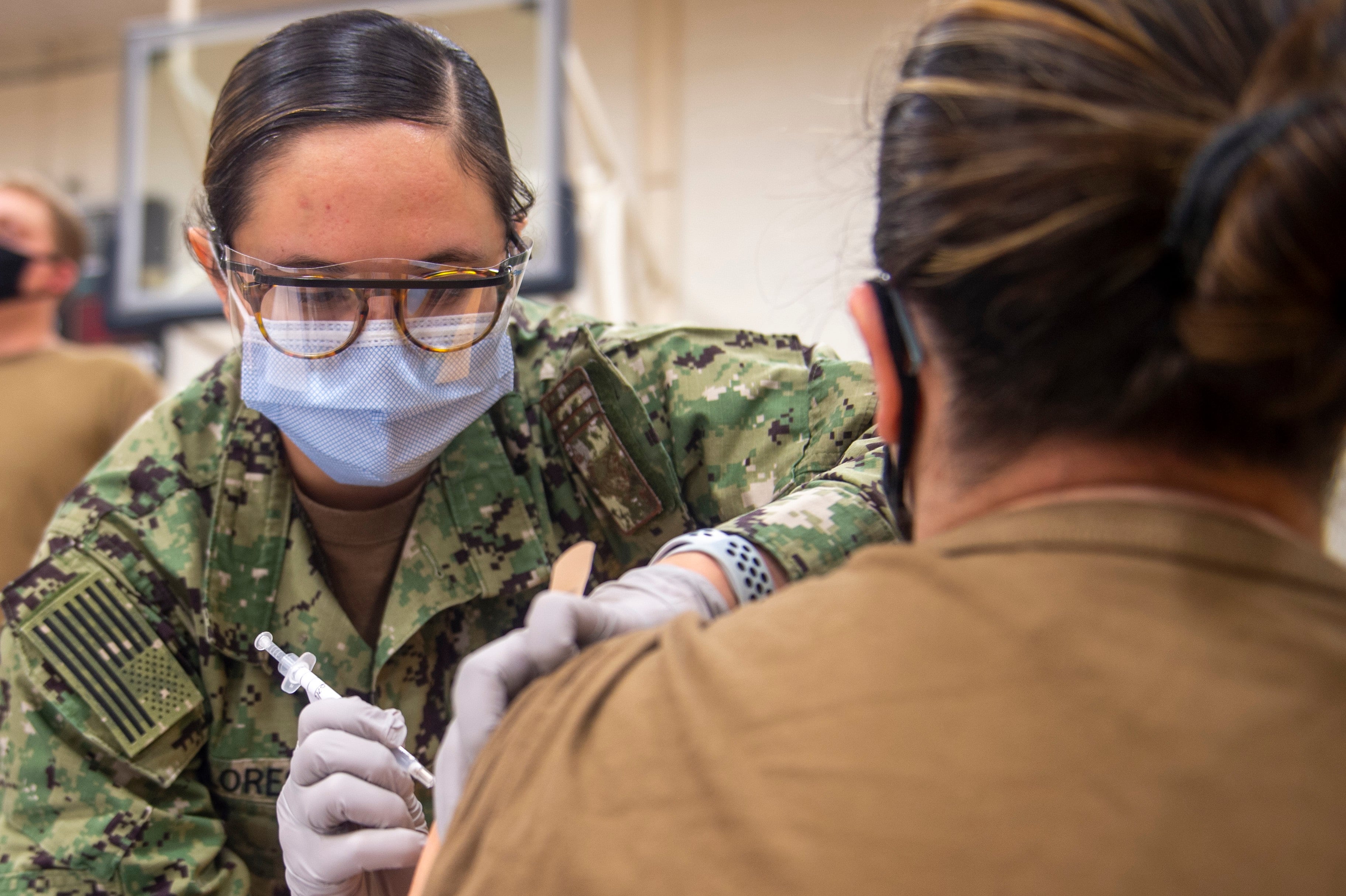The United States military presents itself as an institution ready to fight and win America’s wars because it is the best led, best trained and best equipped in history. Polls of the most trusted institutions in America and a host of “thank you for your service” pronouncements indicate that Americans buy into this, though recent polls indicate a slight downturn. A few facts might call this still-high confidence into question.
America has won only one war since World War II — the 1990-91 Persian Gulf War. We tied in Korea, lost in Vietnam, lost in Iraq and lost in Afghanistan, while being embarrassed in Syria, Libya, Beirut and Mogadishu. Moreover, the Defense Department, which received more than $760 billion of taxpayer money this year, is the only government department unable to pass a financial audit. And it is unable to fix several internal problems that are decades-long such as sexual assault and active duty and veteran suicides. But while these are serious problems, they are not as threatening as the emerging and very public issue of mass insubordination and dereliction of duty related to COVID-19 vaccination.
Despite a clear, lawful order to get vaccinated, tens of thousands of active duty (9,500 Marines, 5,360 sailors, 8,000 airmen and guardians, and 9,700 soldiers) and reserve and National Guard service members have refused to be vaccinated, thereby disobeying a lawful order and being insubordinate. Insubordination in the military is the act of disobeying a lawful order of one’s superior and is punishable under Article 91 of the Uniform Code of Military Justice.
Service members have a long history of multiple vaccinations — before basic and initial training, at advanced individual training or its equivalent, Ranger School, flight schools and throughout their careers. They also have a long history of obeying lawful orders. Thus, this unprecedented mass insubordination stands out. Why is it happening?
It may be the result of the politicization of the vaccine and the fact that service members come disproportionately from parts of our nation and socio-religious orientations where resistance to vaccinations is greatest. Illustrating this possibility, the Republican governor of Oklahoma, Kevin Stitt, last month promulgated a policy allowing Oklahoma National Guard members to forgo the vaccine while under state command if they desired, and the governor is suing the federal government to enforce the policy. A reasonable person might wonder how any organization, especially one supposedly steeped in “good order and discipline,” can function with thousands of its members being insubordinate.
When senior uniformed officials in the Pentagon decline to take immediate appropriate action to restore discipline in the military in response to mass insubordination, they are derelict in their duty to the institution, the nation and service members who obey the order. Dereliction of duty refers to the failure through negligence or obstinacy to perform one’s legal or moral duty to a reasonable expectation. Their dereliction is at odds with the military’s long-held claim to being a disciplined force and impairs readiness, thereby jeopardizing national security. It also violates a basic military principle of “taking care of the troops” by exposing vaccinated troops to the unvaccinated.
Although defense and service leaders have said they intend to separate any member — active, Guard or reserve — who refuses to get vaccinated, this process is expected to take at least half a year. It is too long and sends a confusing message. Meanwhile, these refusers endanger themselves and others.
These leaders might rationalize their fecklessness by arguing that discharging large numbers of troops would weaken the military and it would be difficult to replace them in an all-volunteer force. One might counter that the insubordinate are volunteers who knew what their responsibilities were when they enlisted; they are not conscripts.
Through this combination of mass insubordination and dereliction of duty at the highest ranks, the U.S. military has placed itself in a very dangerous position that could well lead to catastrophic failure. For graphic example, what happens when service members refuse to engage an enemy or a governor declines to commit National Guard troops to the federal government when ordered to do so? Senior uniformed officials have planted the seeds of greater insubordination by their dereliction of duty and thus jeopardized national security. Why this is so is a first order question. Congress and the American people deserve an answer — assuming either has the courage to ask it.
Maj. Gen. Dennis Laich (ret.) served 35 years in the Army Reserve. Col. Lawrence Wilkerson (ret.) served 31 years in the Army.
Editor’s note: This is an Op-Ed and as such, the opinions expressed are those of the authors. If you would like to respond, or have an editorial of your own you would like to submit, please contact Military Times managing editor Howard Altman, haltman@militarytimes.com.





